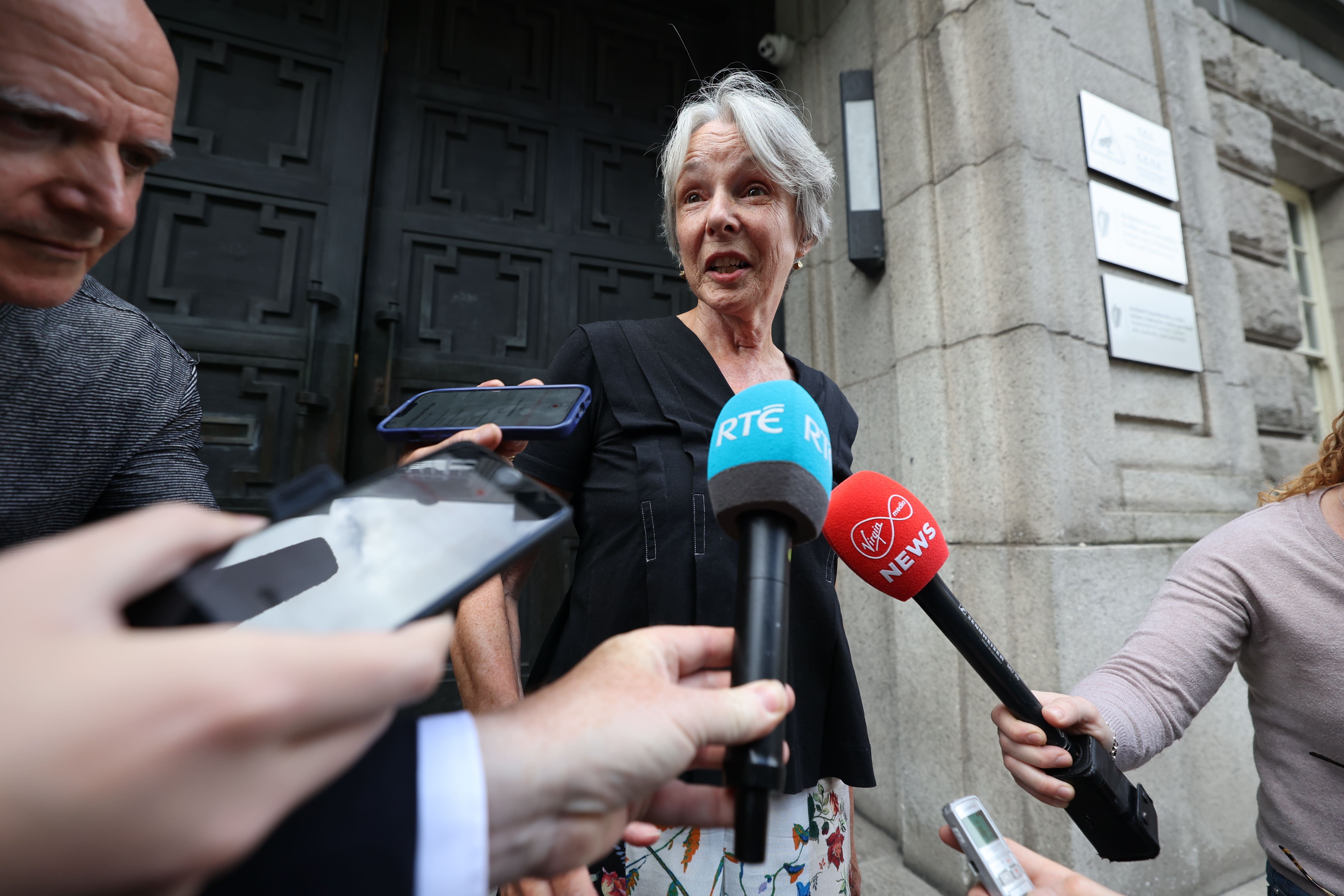RTE board and management ‘concerned’ about drop in TV licence fee payments
There was a 37% fall in the number of payments in the first week of August compared to the same week last year.

Your support helps us to tell the story
From reproductive rights to climate change to Big Tech, The Independent is on the ground when the story is developing. Whether it's investigating the financials of Elon Musk's pro-Trump PAC or producing our latest documentary, 'The A Word', which shines a light on the American women fighting for reproductive rights, we know how important it is to parse out the facts from the messaging.
At such a critical moment in US history, we need reporters on the ground. Your donation allows us to keep sending journalists to speak to both sides of the story.
The Independent is trusted by Americans across the entire political spectrum. And unlike many other quality news outlets, we choose not to lock Americans out of our reporting and analysis with paywalls. We believe quality journalism should be available to everyone, paid for by those who can afford it.
Your support makes all the difference.The RTE board and management are concerned at a drop in licence fee revenue since the debacle over finances at the broadcaster came to light, the chairwoman of the board has said.
Funds gathered through the obligatory, annual 160-euro fee have fallen dramatically in the weeks since the controversy emerged.
There was a 37% drop in the number of TV licence fee payments in the first week of August compared to the same week last year.
This comes after a significant fall in both first-time licences and renewals in July. In the first week of the month, total sales fell from 15,432 licences to 11,241.
In the second week, there was a decline from 12,981 licences to 8,922 and in week three from 14,836 licences to 9,279.
Media Minister Catherine Martin has said she is monitoring the payments to see if it is a long-term trend.
Staff members at RTE had expressed concerns about whether RTE would suffer a loss of revenue both through fewer people paying their TV licence fee, and because of a drop in advertising as a result of the debacle.
Chairwoman Siun Ni Raghallaigh said she and her board colleagues were “concerned” at the shortfall in revenue from the TV licence fee.
“As (RTE director general) Kevin Bakhurst has already stated, we’re very grateful to the people that continue to pay their license fee, I would encourage people that are not paying it to pay it, it is the law.”
She said the funding issues are related to the findings of the Future Of The Media Commission report, which recommended a series of changes to public service media.
“I think that we have to get back to that discussion. This points (out) the difficulty in how that funding model is (working) for us.”
RTE operates on a dual funding model, with 55% of its income or 200 million euro a year brought in by way of the licence fee, which costs Irish households with a television 160 euro a year.
RTE has raised concern about a funding crisis at the broadcaster and called for reform of the fee, stating that millions were being lost annually by people evading the fee and using the RTE Player on phones and tablets.
Approximately 85% of revenue from TV licence fees goes to RTE to carry out its public service broadcasting commitments.
I understand the pausing of the discussions
Ms Ni Raghallaigh said that although she understands why discussions on the future funding model for RTE had been paused, she added: “The sooner we get back to that discussion, I think, the better.
“As has been reported, there is already a request for supplementary funding submitted. But this was prior to lots of changes, not least of which is inflationary matters, but also where we are now in relation to the licence fee.
“I understand the pausing of the discussions… And I understand why it would be paused, that makes sense to me.
“But I equally understand that the engagement in relation to what supplementary funding is needed in order to ensure that RTE can continue – until the debate in relation to the actual funding model for public service media is finalised – then we have to have that interim funding.”
When asked about the solvency of the organisation, Ms Ni Raghallaigh said there was “no immediate concern” but said if things were to continue it would become a problem.
Taoiseach Leo Varadkar has said that the interim funding request from RTE is being considered, and that if a bailout was sought by the broadcaster, it would come with conditions.
On Tuesday, Public Expenditure Minister Paschal Donohoe encouraged people to continue to pay their licence fee, and said he “can’t conceive of a future for RTE that doesn’t consider to have a television licence”.